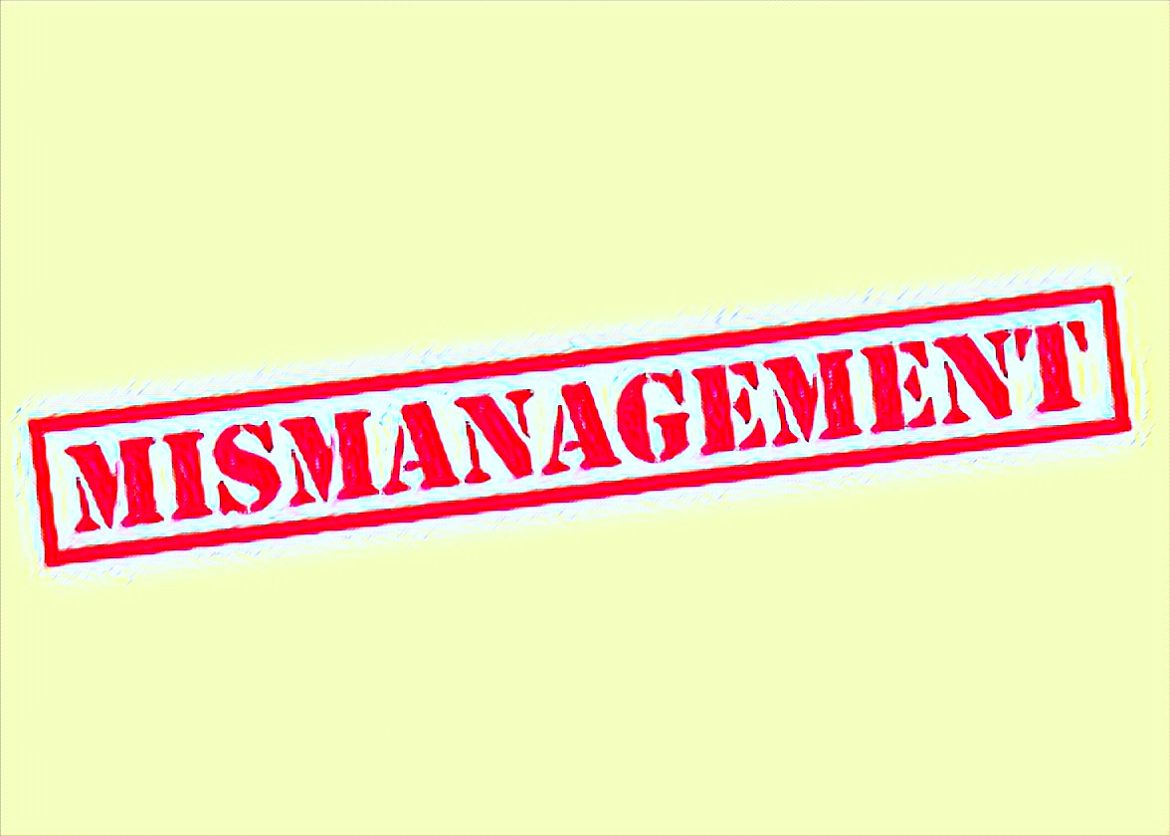A recent audit has discovered major procedural breaches inside numerous government ministries, raising serious concerns about claims of fiscal accountability and revealing financial mismanagement. Under the leadership of acting Auditor-General Rhea Kujinga of Zimbabwe, the 2023 audit revealed a disregard for financial norms that compromises the credibility of governmental spending.
The government claims that President Emmerson Mnangagwa’s administration increased financial control, yet the report shows a disorganized adherence to financial restrictions. Several ministries were found to have ignored earlier audit findings, exposing a pattern of ongoing financial carelessness.
Moreover, the Treasury made a significant oversight by directly paying suppliers an enormous sum of ZWL$34 billion (approximately US$277 million) without routing these transactions through the Public Financial Management System (PFMS). This action breached the stipulations set out in the Public Finance Management (Treasury Instructions), 2019, aimed at ensuring accountability and transparency in government spending.
This failure in procedure not only poses questions about the accuracy of financial reporting but also signals a deeper systemic issue that could have far-reaching consequences on the nation’s financial health. The audit found that a total of 27 ministries and commissions are behind in their payments, accumulating arrears that vastly exceed the allocations of the 2023 National Budget, which stands at ZWL$4.4 trillion.
Such financial chaos has more effects than just the statistics. The buildup of arrears poses a threat to future budgets, which will affect the government’s capacity to provide basic services and damage its standing both domestically and globally. This pattern of reckless spending and slow budgetary response points to the urgent need for strict financial discipline.
The audit also revealed unsubstantiated expenses across 13 ministries and agencies totaling ZWL$967 billion and US$10 million. The lack of supporting evidence for these expenses, which ranged from conference fees to car purchases, called into question the accuracy of financial records.
The report also highlighted the government’s lax procurement processes. Several vehicle purchases were made without proper tender documentation, and the non-delivery of assets, including vehicles and office equipment, has been a recurrent issue. For example, the government is still awaiting the delivery of three buses, 60 motor vehicles, and numerous office items, despite making advance payments amounting to ZWL$1.7 billion and US$2.3 million between 2020 and 2023.
These disparities in asset management and procurement point to a larger problem with lax contract enforcement and risk control inside the government’s operating framework. In addition to causing financial losses, this carelessness deprives ministries of necessary operational instruments, which impairs their effectiveness and capacity to provide services.
The mismanagement extends to the maintenance of fuel registers, with thousands of liters of diesel and petrol either unaccounted for or reported stolen. This not only suggests potential financial loss but also points to a lack of accountability mechanisms to safeguard public resources. The revelations in this audit report serve as a call to action for the government to tighten its financial controls and adhere more closely to its own policies and procedures.


